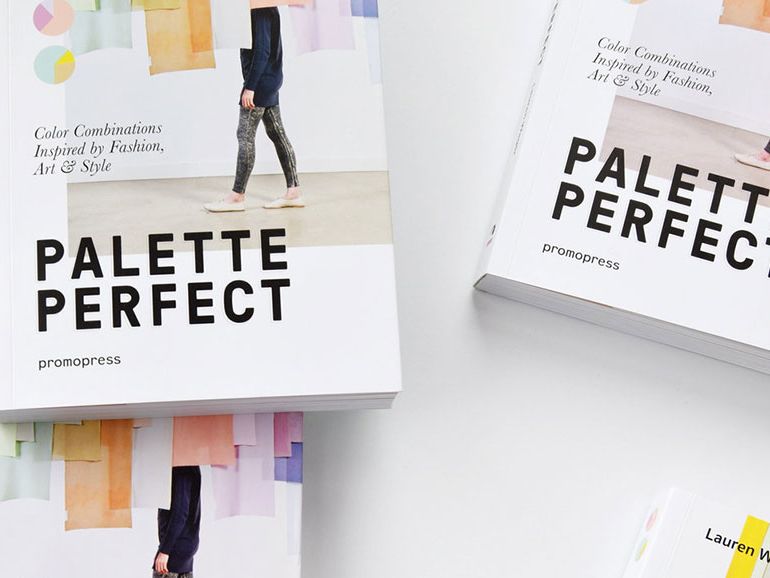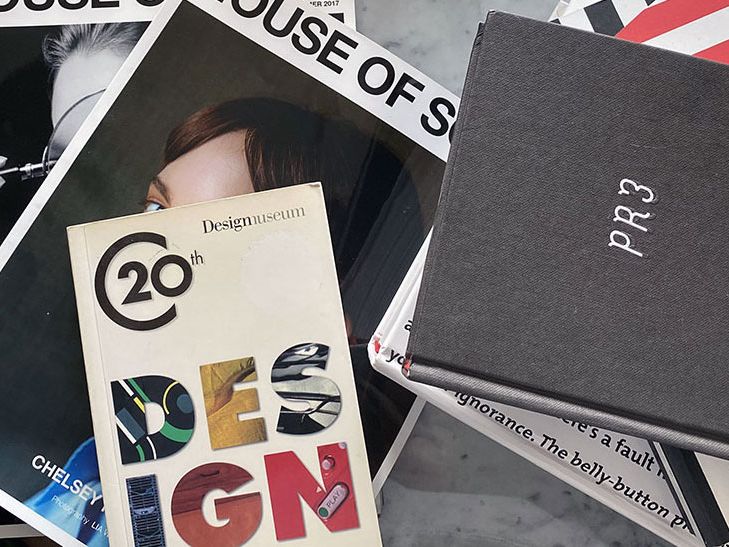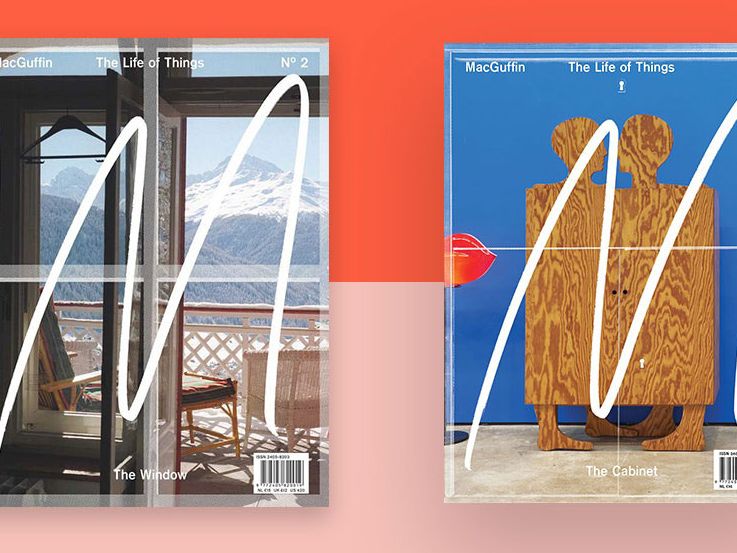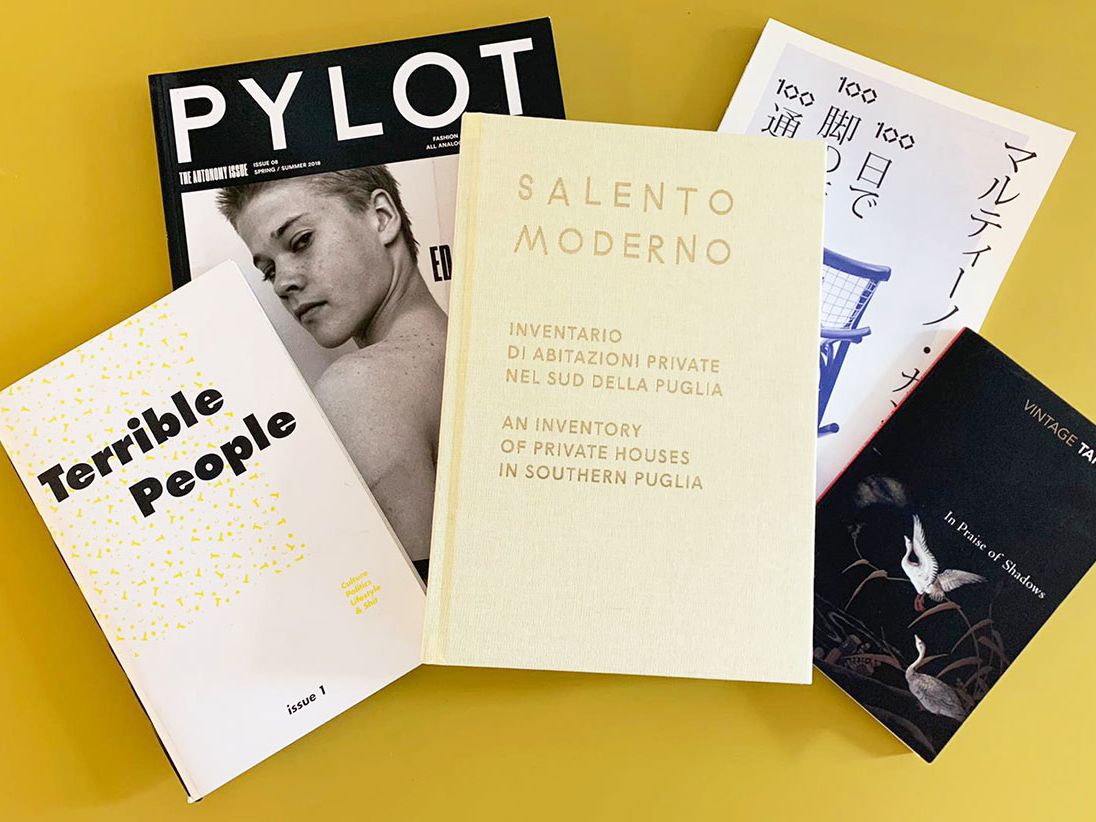At London College of Communication (LCC), we support our students to become the future of the creative industries. We're proud to give them the tools they need to develop key critical and technical skills, to build their confidence, and to grow their professional networks.
Our Industry Mentoring Scheme matches postgraduate students with experienced mentors who can offer helpful tips, information and advice on ways to kick-start their career. As the world navigates new ways of working, thinking and doing, we asked some of our mentors to suggest the books and resources that help them to stay inspired and stay creative throughout these challenging times.
Peter Houston
Originally from Scotland, Peter started working in magazine publishing in Hong Kong. Over the course of his career, he's written about a wide range of topics including semiconductors and social media, amusement arcades and analytical chemistry, and pharmaceuticals and funeral plans.
These days, his focus is magazines and media, with bylines in the New Statesman, The Drum, InPublishing and Publishing Executive in the US. He also co-hosts the Media Voices podcast and co-founded the Publisher Podcast Awards.
In our latest batch of Bookshelf Picks, Peter chooses his top five suggestions for creative content that helps him to stay inspired.
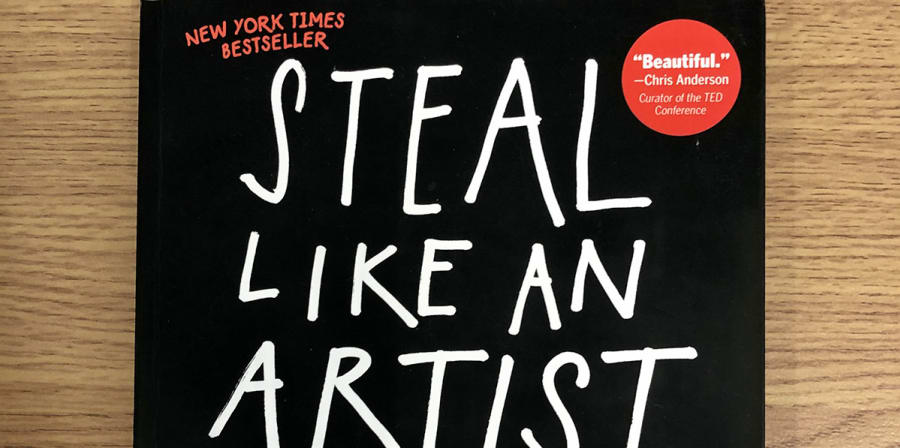
1. Steal Like An Artist – Austin Kleon (2012)
“Austin Kleon describes himself as a 'writer who draws' and his books are a wonderful mix of words and found art. In Steal like an Artist, he encourages all creative people to take control of their own process through a series of 10 rules. The core of his philosophy is: don't wait for the muse to visit - get on and do the work, and the art will follow.”
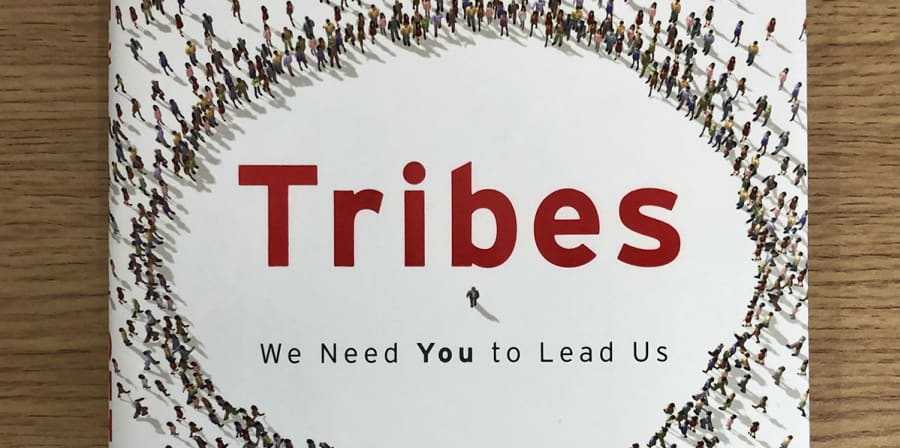
2. Tribes – Seth Godin (2008)
“This is an important book for publishing people, and argues that technology gives us all the chance to 'start a movement'. It's a call to lead, to figure out what you believe in, and then to bring together a tribe of like-minded people to make it happen.
As a magazine journalist or editor, your tribe are your readers, and this book will help to keep them with you.”
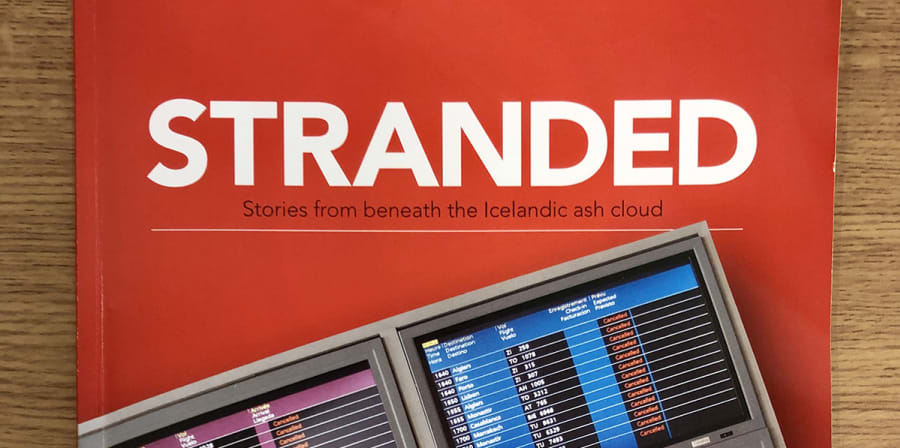
3. Stranded Magazine (2010)
“This is an incredible publishing one-off made during the volcanic disruption of 2010 that grounded flights all across the world. It tells the story of the people stranded by an Icelandic ash cloud in their own words and pictures. I love the variety of the storytelling in the magazine, even the way some stories end abruptly as people made it home.”
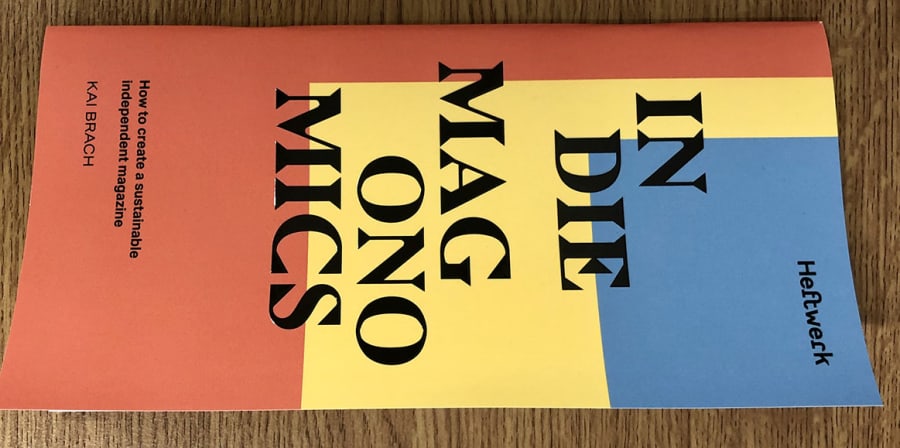
4. Indie Magonomics – Kai Brach (2018)
“This is a beautiful little book that started life as a series of blog posts about how to create an independent magazine. The author, Kai Brach, makes Offscreen Magazine, and generously documented all of his experiences launching and growing the publication.
If you're interested in starting your own magazine, this is the best €5 you'll ever spend (or you can download the PDF for free).”
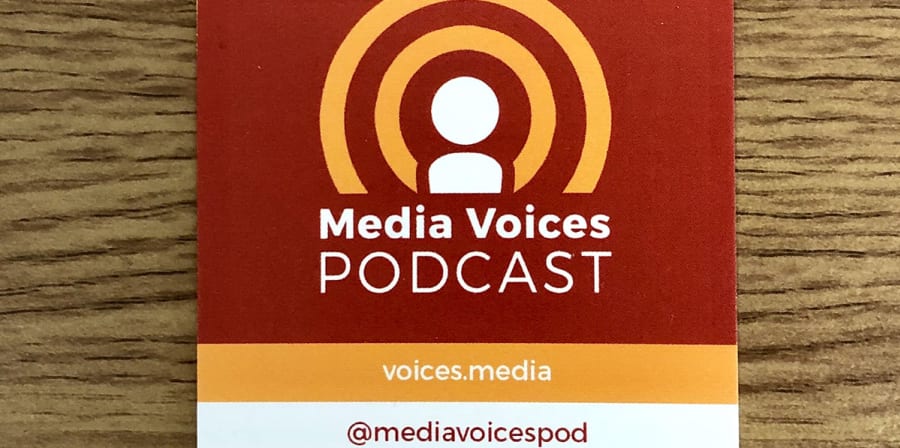
5. Media Voices Podcast (2016 - present)
“This is my podcast; I make it every week with my two co-hosts. I'm including this in my picks, not for my voice, but for the voices of almost 150 of the smartest and most creative people in media - from the editor-in-chief of Wired to the founders of indie publications, Delayed Gratification and Anorak.
Skip our news round-ups and go straight to the interviews about 15 minutes in.”
Related links:
- Explore the Media Voices Podcast.
- Find out more about Peter's organisation, Flipping Pages Media.
- Get involved with our Industry Mentoring Scheme.


